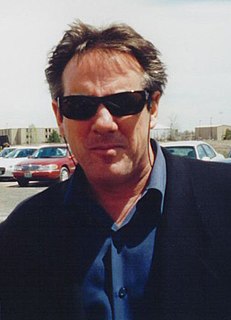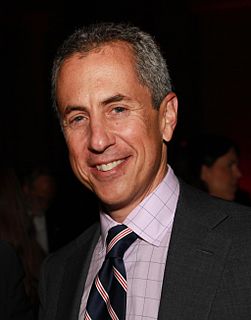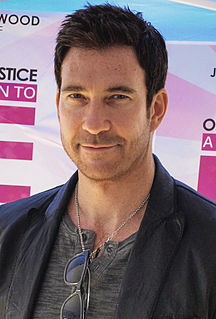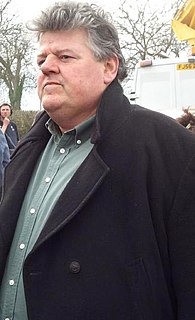A Quote by Abi Morgan
I think, in some ways, there's a point as a television writer that 'executive producer' is the natural credit you get, and it can be a vanity title, or you can make of it what you want.
Related Quotes
And often when things turn to TV series there are so many different people with different agendas that things can morph. And so, you know, that was why having the executive producer title was important to me because even if I was the star and I had a concern, you know, that concern would only go so far. But having the title of executive producer actually makes them have to actually listen to me complain.
At a certain point you have to make a decision in your life about where will you best serve, and I decided that I would best serve as a producer as opposed to a studio executive. There are many upsides to being the studio executive, but one of the downsides is that you get removed from the actual process of making the movie.
I love to write, so I think writing would be the next natural step. And if I'm making something that I'm writing, it would also probably make sense to be a producer and have some creative input from that perspective as well. Eventually, I do want to direct, but I want to get comfortable in those two jobs first. I want to dip my foot into this pool before I dive in I guess.
What is absolutely true is that any good [Television] series has a specific voice. And I think that voice is almost exclusively the domain of the executive producer. . . . As a staff writer you're not being called upon to be the great creative person. You're sort of called upon to understand the characters and their voices and put them through certain paces.
I've written so many things over the years that I don't want to go back to being just a scriptwriter. I'm in what I consider to be the enviable position of all I have to do is come up with the idea and write an outline that makes it seem like it's a viable idea that will interest people, and then other people write the scripts -- and I become the executive producer or the producer, depending on how much involvement I have, and I get a creative credit and then move on to the next project.






































